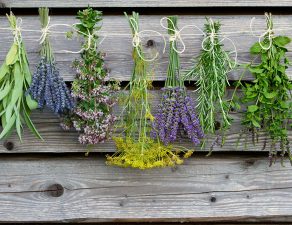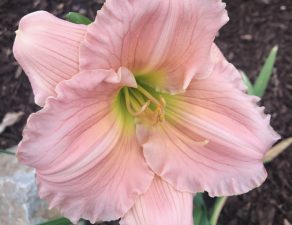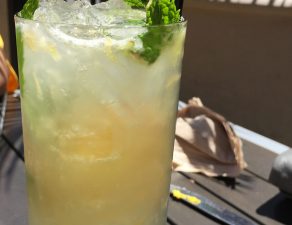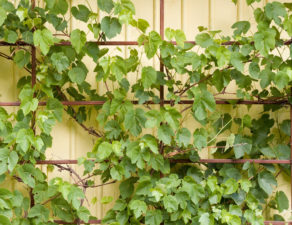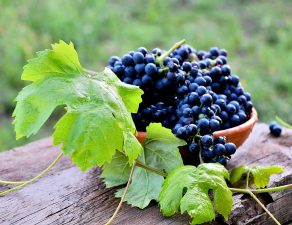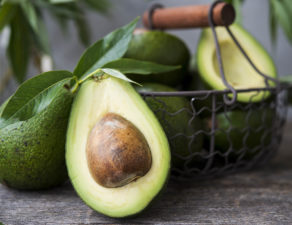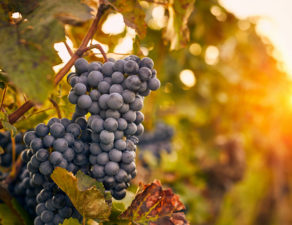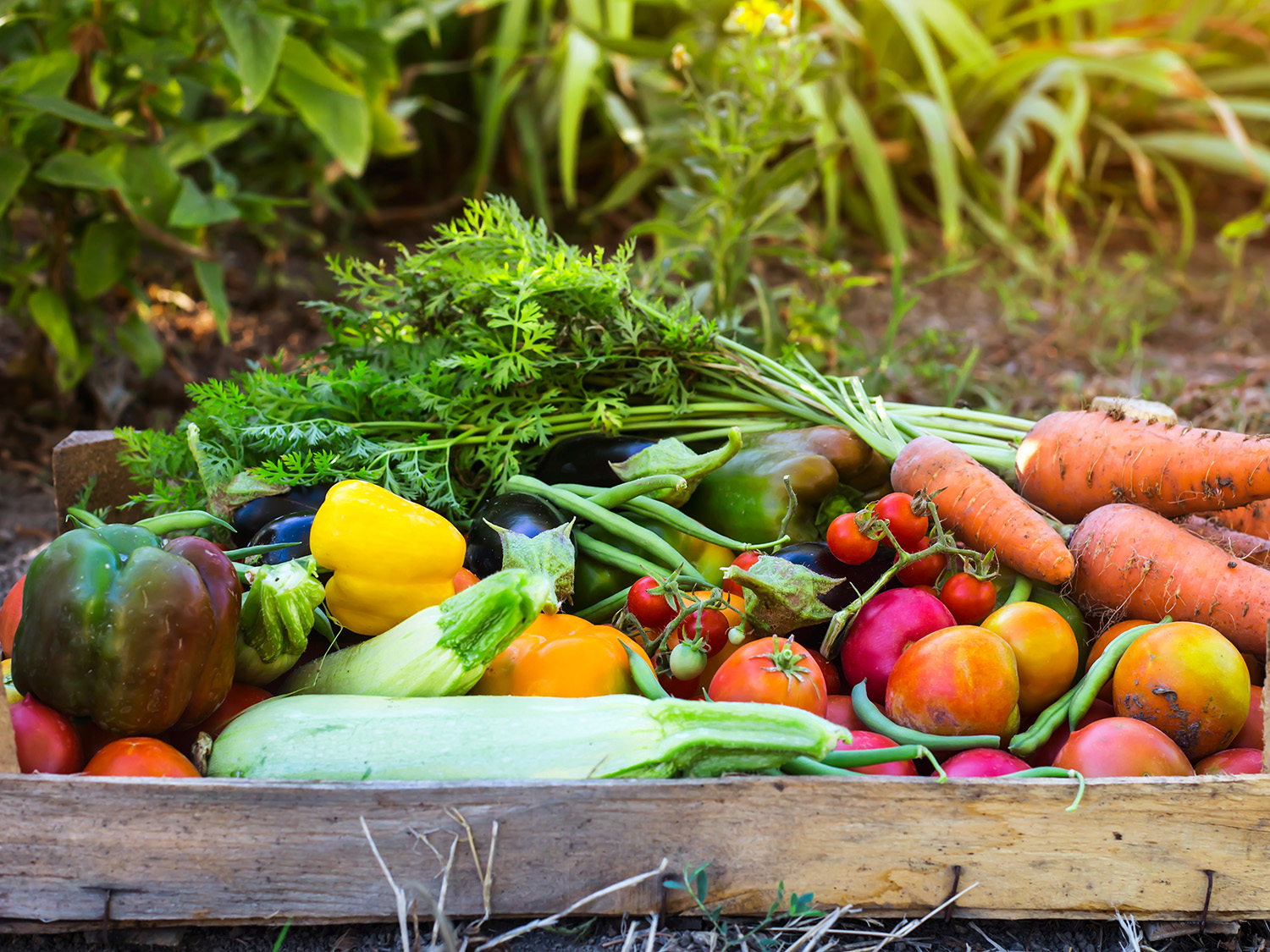
During both World Wars, homeowners across the US and other countries planted “victory gardens”. The idea was to grow more food close to home, in order to free up food supplies for the war effort. For many, that habit stuck.
Millennials grew up hearing their grandparents talk about gardening, and for a long time, it seemed as though home vegetable gardens had become a relic of the past. Perhaps younger generations viewed gardening as something only “old people” did. But now, that viewpoint is fading, with Millennials now comprising nearly a third of home gardeners.
Of course, a Millennial’s garden looks a bit different from their grandparents’ hobby. Putting their own spin on it, Millennials are more likely to focus on…
Smaller gardens. With gardening seen as less of a necessity and more of a fun way to produce local organic food, Millennial gardens tend to be smaller and more focused around a few favorite foods. In smaller urban backyards Millennials might use horse troughs or whiskey barrels as planters, or taller planter boxes to maximize vertical space.
A focus on organic food. Millennials are more likely to prefer organic growing methods, and therefore choose crops that grow easily in their geographical area without a lot of fuss. Pesticide use is limited or nonexistent, with many Millennials experimenting with other methods to deter insects and rodents.
Sustainability. Along with eschewing pesticides, Millennials might plant flowers specifically to attract pollinators to the garden. Some are going one step farther, adding beekeeping to their list of outdoor pursuits in an effort to help boost declining bee populations.
Low maintenance. Millennial households are more likely to be dual-income, with little spare time for household chores. Gardens are set up to be low maintenance, with a focus on raised beds, fruit trees, or simple potted herbs.
An emphasis on “foodie” trends. A millennial garden is likely to reflect trends in the “foodie” world, such as microgreens and kale, organic fruit trees, cocktail ingredients like herbs, or even hops gardens (for creating homemade craft beers).
Overall, Millennials still prefer multi-use spaces – room for kids to play, a perfect spot for entertaining, and a vegetable garden. Therefore, the garden might not make up the bulk of usable space in the yard but is still becoming a more lucrative feature.
For more information on adding a garden space or fruit trees in your yard, call us at McCabe Landscaping. We can help you with an easy landscape redesign that suits your needs and helps you achieve a low-maintenance but productive vegetable or herb garden.

